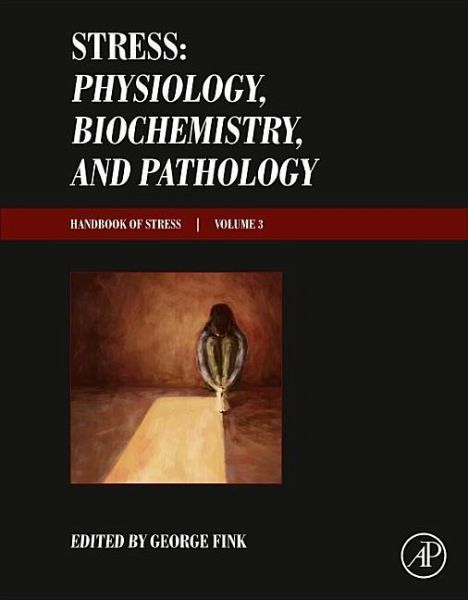Nicht lieferbar

Stress: Physiology, Biochemistry, and Pathology
Handbook of Stress Series, Volume 3
Herausgeber: Fink, George
Versandkostenfrei!
Nicht lieferbar
Approx.406 pages

Handbook of Stress Series, Volume 3
Rechnungen
Bestellstatus
Retourenschein
Storno